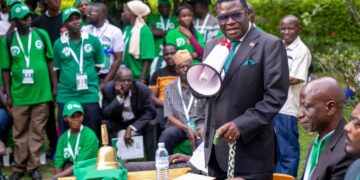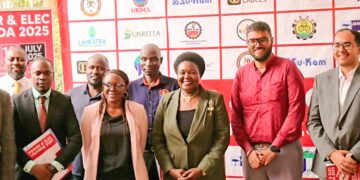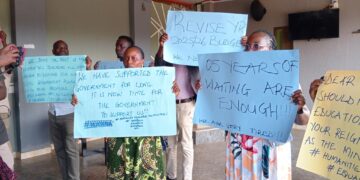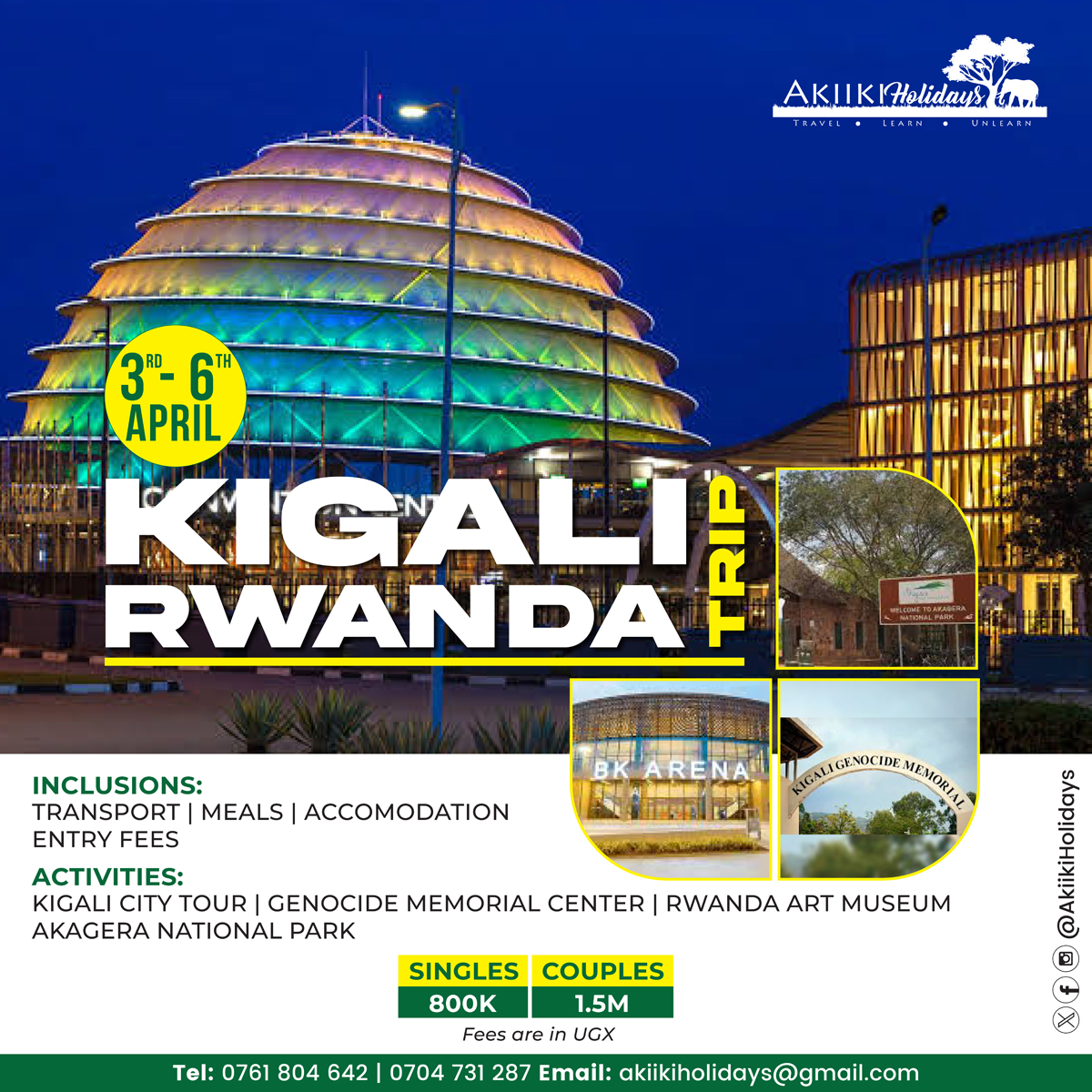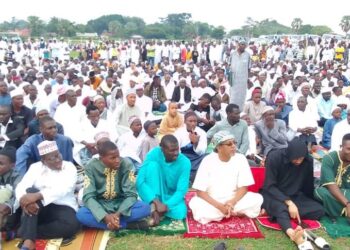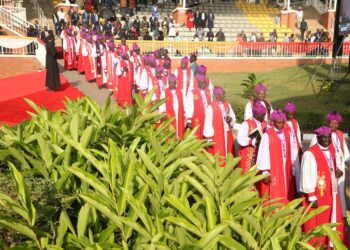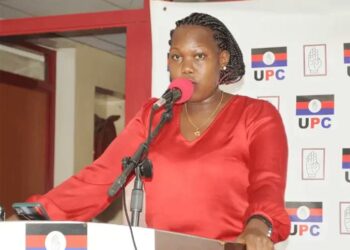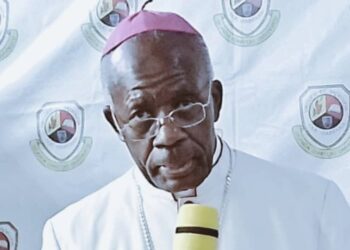By Leonard Kamugisha Akida,
Kampala
The recent opposition walkout during a parliamentary session has sparked controversy over allegations of selective boycott and raises concerns about the effectiveness of democratic processes. The opposition’s decision to boycott the parliamentary session has led to intense debates over their selective actions and their impact on democratic processes. Critics argue that the opposition’s frequent walkouts and boycotts not only undermine the functioning of the parliament but also limit the opportunities for dialogue and constructive debate.
They argue that such actions create a vacuum in which extreme political actors can exploit the neglect of human rights justifications and appropriate the discourse of “rights talk.” This vacuum enables these actors to manipulate public sentiment and further polarize society. This situation calls for a careful examination of the reasons behind opposition boycotts and their potential consequences. The lack of preparedness and confrontational politics by both the ruling party and the opposition have contributed to an environment of mistrust and confrontation in the parliament, exacerbating the frequency of walkouts and boycotts.
The result is a ‘half-empty’ house, where the grievances and opinions of the opposition are stifled. The opposition’s frequent walkouts and boycotts not only hinder the progress of vital issues but also diminish the voice of the people they represent.
Ismail Kirya the UYD president and acting DP spokesperson said the passing of the Petroleum Amendment Bill 2023 in parliament would have not happened so fast if the opposition MPs were in attendance. This bill has sparked a heated debate among lawmakers, with opposition members expressing their concerns over the implications of granting a monopoly to Uganda National Oil Company Ltd.
Opponents argue that this monopoly could lead to a lack of competition in the oil industry, potentially resulting in higher prices for consumers and limiting opportunities for smaller players in the market. They also raise concerns regarding transparency, questioning the potential for corruption and favoritism in the procurement process.
However, public debate and opposition is part of a democratic society and should therefore be respected, said Korea.
















